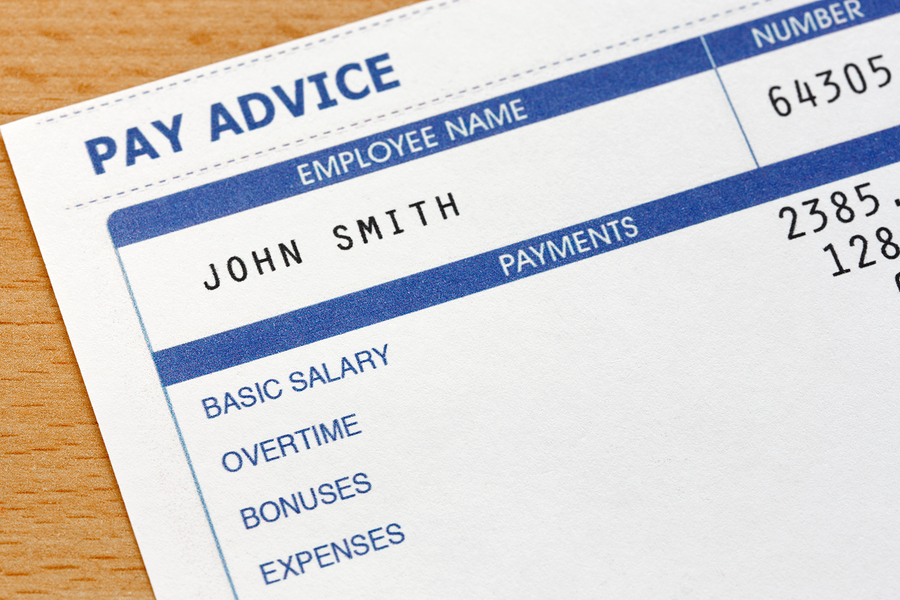Understanding Shutdowns, Penalty Rates, Public Holidays and Overtime
By
Key Business Advisors
Human Resources
By Jessica Shanahan
HR Team Leader, Key Business Advisors
Coming into the festive season, depending on the type of your business this can mean you are about to be overwhelmed with activity or you are about to go into your quiet period. Either way, as an employer you have certain responsibilities to your employees. The specific entitlements vary from business to business and industry to industry, although there are certain themes that are familiar across the board. The following are some common concerns for our clients at this time of the year:
Annual Shutdown
Many businesses will make the decision to have an annual shutdown over the Christmas and New Year period if it’s usually a quiet one for them. The relevant award or agreement outlines when an employer is allowed to direct an employee to take paid or unpaid leave. Many Awards, including the General Retail Award 2010, permit a manager to direct an employee to take annual leave over the annual shutdown period, provided they give at least four weeks’ notice. If an employee does not have sufficient annual leave, he or she may agree to take leave in advance or unpaid annual leave. If the employee does not agree to either, then he or she must be paid their ordinary pay rate for the shutdown. Employees cannot be forced to take unpaid leave.
Penalty Rates and Public Holidays
Industries that see an increase in trade at this time of the year can also see an increase in the number of penalty rates that need to be paid. Extended hours and an increase in the number of public holidays mean that employers need to be aware of the entitlements their employees are owed in order to reduce the likelihood of underpayments. Awards and agreements outline the specific entitlements, and these vary between industries. In general, if an employee works outside of the ordinary hours under their award/agreement or on a weekend, then they are entitled to penalty rates. Working on a public holiday can mean an entitlement to penalty rates, or a day in lieu (which usually needs to be taken within four weeks or paid at the penalty rate). Additionally, it is important to remember that for all employees, annual leave and a public holiday cannot occur on the same day. If a period of annual leave includes a public holiday, the employee is paid for the public holiday and annual leave is not deducted from their accruals.
Overtime
As with penalty rates and public holidays, the festive season can also mean an increase in the requirement to work overtime to ensure customers’ needs are met. The National Employment Standards (NES) allows an employer to request an employee to work reasonable overtime; however, it is important to note that they still require payment for these hours at the relevant rate. The rates of overtime are again outlined in the relevant award or agreement, and do vary between industries. As an example, under the Banking, Finance and Insurance Award 2010, overtime worked outside of an employee’s ordinary hours on a weekday is paid at a rate of time and a half for the first three hours, and double time for every hour thereafter.
The varying requirements under awards, agreements, the NES and the Fair Work Act can be daunting to employers and employees alike. The entitlements often vary between industries, and it is important that you know your specific requirements to remain compliant with the Fair Work Act, reduce the requirement for back payments, and provide your employees with their entitlements. If you are unsure of your obligations or if you require assistance, please contact Key Business Advisors and one of our qualified and highly skilled HR Advisors will be happy to assist you.




